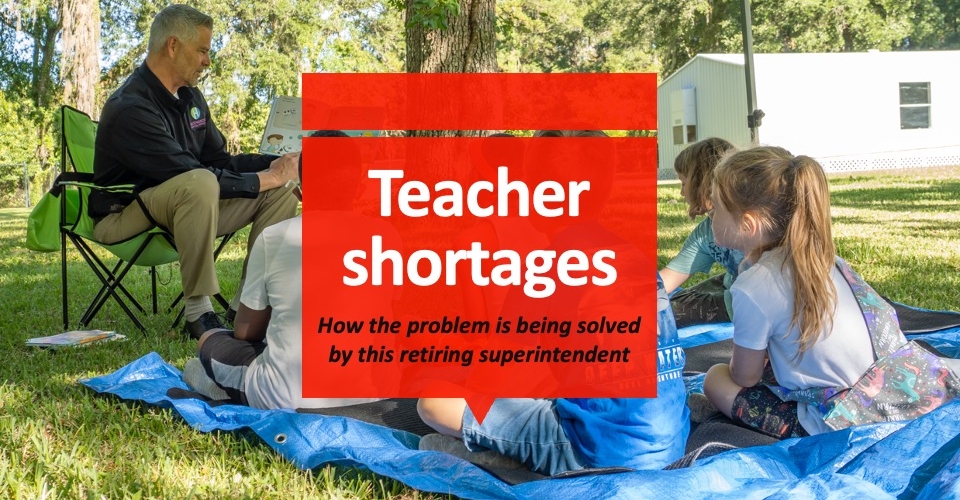The Universal Design for Learning—to some K12 leaders, it’s the backbone of instruction; to others, it’s still uncharted territory.

The mystery is explained in the latest episode of District Administration‘s Talking Out of School podcast by Lindsay E. Jones, one of the leading voices on the Universal Design for Learning, also known as UDL. Jones, the CEO of CAST and a District Administration Top 100 influencer in education, works with school leaders, teachers and researchers to design learner-centered and inclusive education systems, anchored in UDL.
“Universal Design for Learning is an evidence-based framework that educators, curriculum developers—any type of learning experience designer—can use to help them reach all of the brains that they’re trying to reach,” Jones tells the Talking Out of School team.
Superintendent turnover: Hiring slowed but did not stop before the 4th
UDL is perhaps as relevant as ever as educators seek to individualize rigorous instruction for an ever more diverse population of students. “We have a history of segregating students, either for disabilities or race or other reasons,” Jones explains. “And what Universal Design for Learning does is provide an evidence-based way to acknowledge what neuroscience tells us, which is that every brain is as different as a fingerprint.”
Jones and her team at CAST are now focusing more closely on integrating UDL into career and technical education programs. A few key CTE areas are bio-manufacturing, teaching math and science with drones and “rural, outdoor education.”
CAST also assists districts with procuring accessible edtech and works with edtech vendors to certify products based on UDL principles. Resources for these, and many other topics, can be found on CAST’s website.
“Universal Design for Learning is a way that educators and school districts can prepare and design intentionally for all of the students coming into their rooms,” she concludes.
Listen to the podcast below, or on Apple, Podbean or Spotify.









